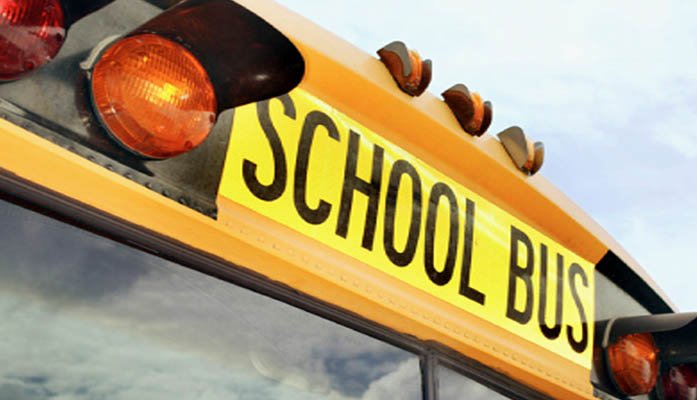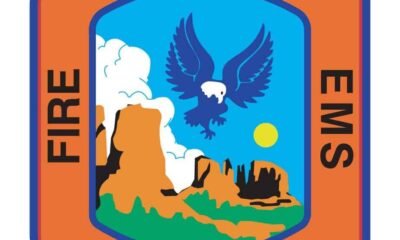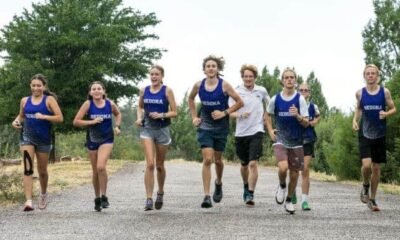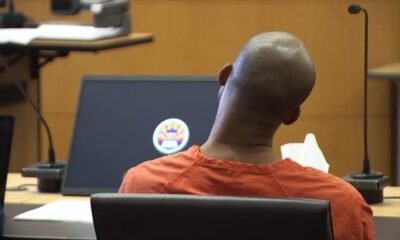arizona BUSD
Another Public School District Faces Financial Scrutiny Amid School Choice Debate

By Staff Reporter |
Governor Katie Hobbs and Attorney General Kris Mayes of Arizona are taking assertive measures to challenge the state’s school choice policies. This comes in response to an alarming report by the Auditor General highlighting fiscal mismanagement within several public school districts.
Earlier this month, Mayes initiated an investigation regarding the use of school choice funds for purchasing supplementary materials. She also instructed the Department of Education to require parents to submit a curriculum for any supplemental material requests.
The Auditor General’s latest findings revealed that over 40 school districts failed to meet audit reporting requirements for the 2023 fiscal year. Among them, the Baboquivari Unified School District (BUSD) misallocated nearly $500,000 on out-of-state travel deemed “unnecessary and potentially wasteful” within the last two years. This included over $8,400 spent on board meetings and retreats at a casino.
The BUSD Board conducted meetings at the Desert Diamond Casino in Tucson, covering a 115-mile round trip. These meetings were found to possibly violate the state’s open meeting laws, as they were not preclusive to public participation. In response, BUSD has stated it will ensure future out-of-town meetings are accessible to the public via livestreaming or other methods.
Another critical finding was BUSD’s potential violation of the state constitution’s gift clause concerning the $500,000 travel expenses. An instance cited involved several thousand dollars spent on a tribal government education overseer – a non-employee of the district – for attending a training course in Georgia.
More than $340,000 of the noted expenses were for staff attendance at an out-of-state professional development conference, which also included non-educators like custodians and IT staff. The Auditor General found that restricting conference attendance to key educators would have saved the district nearly half of its expenses. Moreover, opting for the virtual training option could have entirely negated the travel costs.
BUSD clarified that their intent behind the extensive staff participation was to “energize and motivate” teachers and staff, aiming to uplift student attendance and achievement. Despite these efforts, student performance at BUSD remained significantly below state averages in math, English, and science.
In its audit response, BUSD mentioned that its business office had previously raised concerns about the travel and training costs, which the superintendent had disregarded.
The report emphasized that these travel expenditures did not always align with state requirements and could have been better allocated to address district priorities, such as increasing teacher pay. BUSD was also criticized for overpaying for meals, failing to pre-approve travel expenses, and not maintaining transportation records properly.
The excessive spending resulted in BUSD’s administrative costs per student being double that of peer districts. Additionally, the district’s failure to maintain transportation records meant the Auditor General could not fully assess the school bus and fleet vehicle maintenance procedures.
Furthermore, BUSD lacked essential internal controls to prevent unauthorized purchases and protect public funds and sensitive data. The district’s poor management practices increased risks of fraud and unauthorized use of resources.
BUSD has expressed a commitment to addressing these issues, stating in the audit response that they would take steps to ensure compliance with state regulations and improve financial oversight.
For more Arizona news and updates, stay connected with Arizona Free News.


















